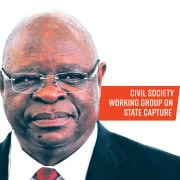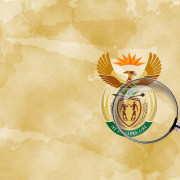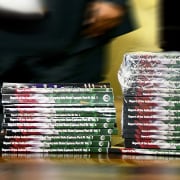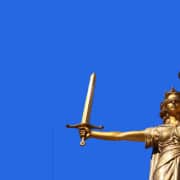|
Getting your Trinity Audio player ready...
|
Are you witnessing corruption but don’t know what to do about it? Ask the team of Corruption Watch experts what to do by writing to: letters@businesstimes.co.za and mark your letter 'Dear Corruption Watch'.
Dear Corruption Watch,
The media and opposition parties have alleged that the President did not tell the truth to Parliament in respect of Nkandla. What happens when someone lies to Parliament, or violates the Ministerial Handbook? Is this like perjury or contempt of court?
Honest
Dear Honest,
You raise very important issues, which go to the heart of the role of Parliament in our constitutional democracy.
Lying to Parliament is not the same as perjury or contempt of court, both of which are crimes only in the context of judicial proceedings. But lying to Parliament may amount to the crime of fraud.
Fraud is committed when a person makes a misrepresentation, with the intention of deceiving another, causing actual or potential prejudice. Tony Yengeni was convicted of defrauding Parliament in 2005 by failing to disclose an extraordinary discount on a Mercedes-Benz 4X4 he received from people linked to the arms deal. The Court stated: “If Parliament is misled, or if individual members thereof are misled, whether expressly or by the withholding of information that must be disclosed, it stands to reason that they have been defrauded if the intention to mislead was present in the mind of the perpetrator.”
Lying to Parliament is also a statutory offence under the Powers, Privileges and Immunities of Parliaments and Provincial Legislatures Act, 2004. Impeding Parliament from exercising its functions and authority is an offence under the Act, punishable by fine or imprisonment of up to three years. This offence would include its crucial oversight of the national executive (section 55 of the Constitution).
In November last year, President Zuma told Parliament that he was financing Nkandla by means of a bond. A City Press investigation could find no bond registered over the Nkandla property.
If there is no bond registered over the Nkandla property, and if it can be established that the President made the statement with the intent to deceive Parliament and/or the public, then he would be liable for fraud, as well as the statutory offence. Either the National Prosecuting Authority (NPA) or an individual having some substantial and peculiar interest could institute a prosecution. For a private prosecution, a certificate would first have to be obtained from the NPA confirming that it has declined to prosecute. Also, as the law currently stands, only a person or a public body can institute a private prosecution – not a private corporate body (such as a political party or NGOs like Corruption Watch). The latter requirement is, however, yet to be challenged under the Constitution.
President Zuma may also have breached the Executive Members Ethics Code for misleading Parliament, and the Ministerial Handbook if Public Works has spent more than the amount allocated to members of the national executive for security upgrades to private residences.
The Public Protector can investigate breaches of the Ethics Code and other instances of misconduct or maladministration and refer the matter to the NPA or any other appropriate authority to take remedial measures or to make a recommendation for redress.
Parliament is empowered under section 89 of the Constitution to remove the President for a serious violation of the Constitution or the law, or for serious misconduct. This requires the adoption of a resolution with a supporting vote of at least two-thirds of the members of the National Assembly.
We end by noting that a businessman, Mr Vivian Reddy, also told the media that he had lent President Zuma money to help build Nkandla. If true, this is also a matter of serious concern. The President was obliged to disclose such financial benefit under the Ethics Code. Most concerning of all, the spectre of corruption looms large, given that the President has failed to disclose or explain the basis for any such loan.
Take a stand and report an incident of corruption.








